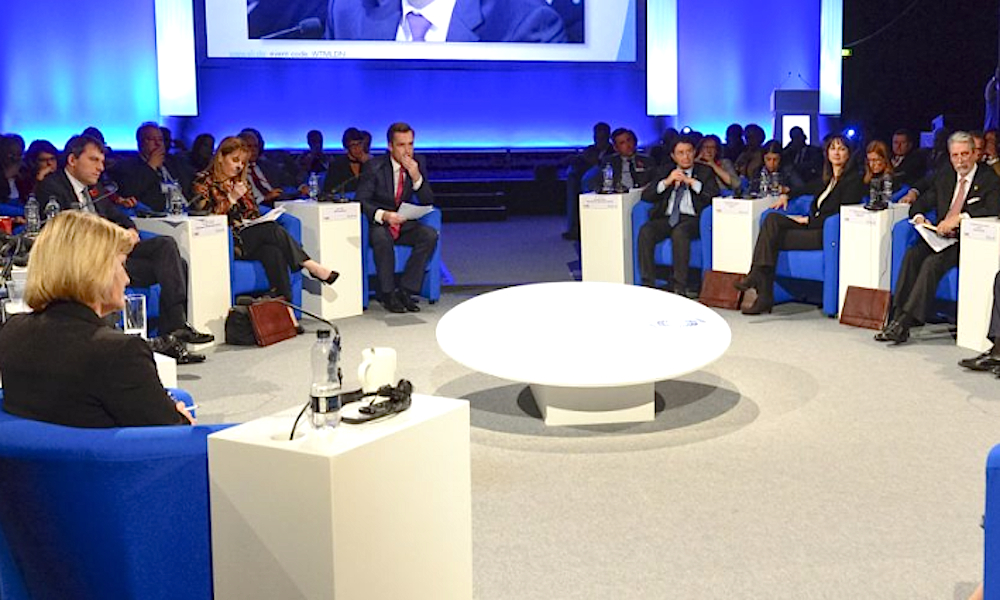
The tourism industry must act now to tackle overtourism, according to the head of the UNWTO, speaking at World Travel Market London. Taleb Rifai, UNWTO Secretary General, said there have been many protests against overtourism in 2017, with slogans such as “tourists go home” and “tourists are terrorists”. Addressing the UNWTO and WTM Ministers Summit, he said: “This is a wake-up call; we have to make decisions now. We cannot continue to build 5-star hotels in 3-star communities. Jobs and charity are not enough – we need to diversify visitors’ activities, reduce seasonality and raise awareness of less busy destinations.”
Destinations such as Barcelona, Venice and Amsterdam were highlighted as having the worst overcrowding, and Airbnb is seen by many as contributing to the problem.
However, Patrick Robinson, Head of Policy for EMEA at Airbnb, defended the company, saying 69% of its hosts in Amsterdam are not in the city centre. “People spend money locally if they stay locally,” he told the summit. “Policies need to be different in different places, as needs are all different.”
Gloria Guevara, President and Chief Executive, World Travel & Tourism Council, said it was important to highlight the benefits of tourism to local communities. She said Barcelona, for example, used to have a high crime rate and unemployment before the development of tourism, and Miami is a great model to follow as it has developed effective policies to deal with cruise passengers.
Silversea Cruises’ Chairman, Manfredi Lefebvre d’Ovidio, defended his company’s role in Venice, saying cruise lines bring valuable tourists without the need to build new hotels – and they were more beneficial than day-trippers who arrived by car with their own sandwiches. He pointed to the Galapagos Islands as the best destination for dealing with overtourism, as it has strict limits on cruise passengers.
Taleb Rifai said cruise lines could benefit their ports of call if they offered vouchers to passengers that could be exchanged for meals in local restaurants or visits to attractions.
The UK’s tourism minister, John Glen, said: “We need to get the infrastructure right, and share data and solutions. It’s about diversifying options, and highlighting other options and make them readily available through technology.”
Other solutions were highlighted, such as Greece developing tourism in the winter months; Costa Rica measuring social development in tourism destinations; and Mexico spreading the word about its ‘magic towns’ to highlight lesser-known cultural sites.
Hoteliers from InterContinental Hotels Group and Carlson Rezidor Hotel Group said their responsible tourism policies can help counter negative perceptions – such as training locals in hospitality skills. However, the hotel industry is deeply concerned about the lack of regulation with the likes of Airbnb and called for a more level playing field.




